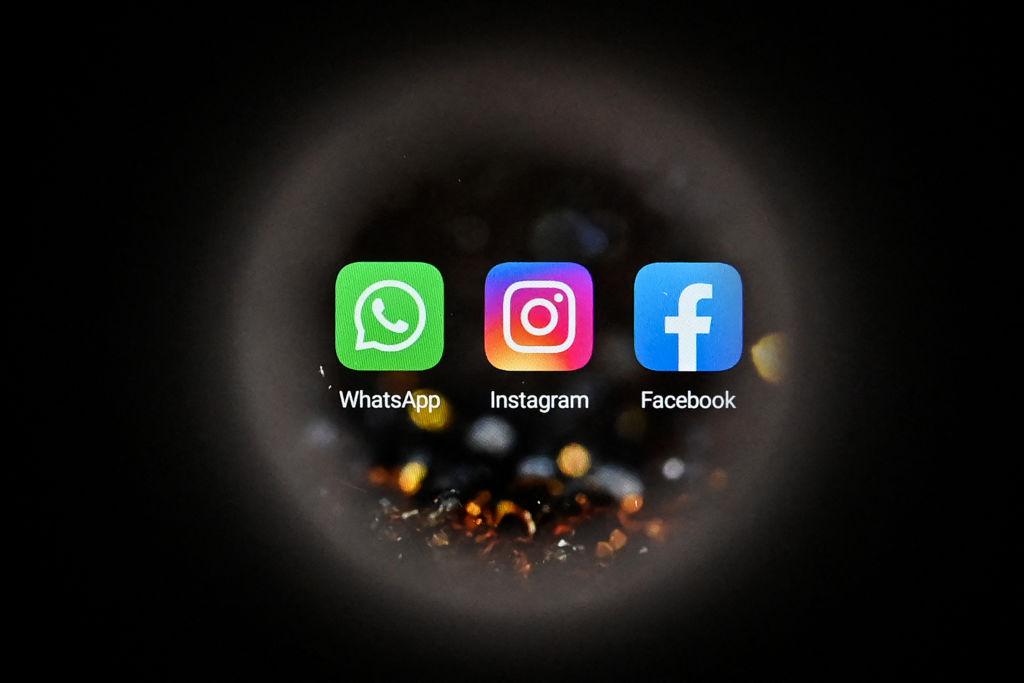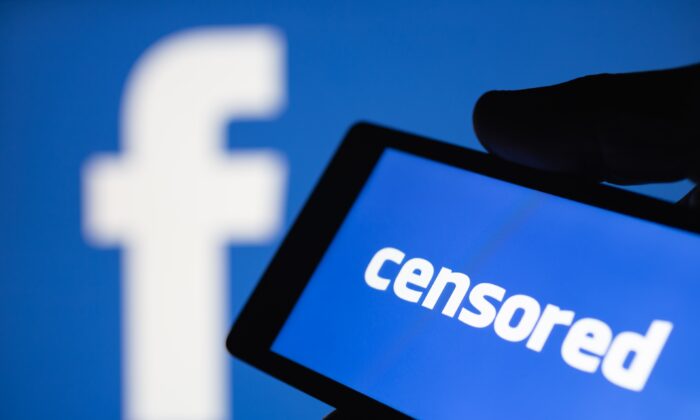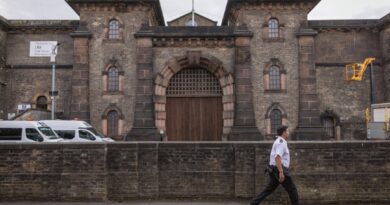Resisting the Urge to Censor is Necessary
We have witnessed numerous instances where the ‘do something, anything’ mindset is put into action.
Commentary
A recent knife attack in Perth, where the attacker was fatally shot by police, marks the second religiously motivated knife attack in a month.
In both cases, the accused assailants were young 16-year-old males, with some attributing the blame to “online radicalisation.”
The response to these incidents calls for increased internet censorship, with even some on the political right advocating for it.
However, implementing such censorship would be a mistake.
We have observed the consequences of the ‘do something, anything’ approach too often.
The root causes behind such religiously motivated intercommunal violence will remain unaddressed, while the rights of others will significantly diminish.
It is likely to unfold in the same manner.
The national parliament will authorize sweeping new powers to combat “online hate” or “online radicalisation” through a new government agency or by expanding the capabilities of an existing agency to tackle this “anti-hate” role.
The appointed leader of this new or expanded agency will likely be an academic, lawyer, consultant, or public servant with views that align with modern elite cultural demands, who will hire individuals with similar ideologies.
Under hastily passed laws with conservative support, these individuals will determine what content gets censored on the internet.
Predictably, the outsized influence of this new department will predominantly target center-right perspectives.
While online hate spewers and anti-Zionist sentiments persist, calls for violence like “from the river to the sea” are rationalized, as observed from recent statements by federal Education Minister Jason Clare.
However, if a conservative fails to adhere to the latest guidelines on transgender terminology, voices concerns about immigration bluntly, or makes a controversial statement or cartoon, censors will swiftly act to deactivate their social media accounts.

There may have been a time when Australians could believe, albeit naively, that new measures to combat “online hate” would be applied fairly for their intended purpose. However, that time has passed.
Universities no longer prioritize critical thinking or diverse perspectives, skills necessary for graduates to objectively enforce rules.
Core Problem Left Untouched
Universities now promote political activism.
Graduates who hold mainstream views after navigating classroom indoctrination are not the type sought after by academia, public service, Big Tech companies, or other areas where internet censors are typically recruited.
Similar to the introduction of anti-racial vilification rules under section 18C of the Racial Discrimination Act, new regulations have not deterred hate speech and bigotry prevalent at university protests but have instead targeted conservative figures like Andrew Bolt, Bill Leak, and Pauline Hanson.
Australia’s online safety framework reflects a similar trend.

Despite community tensions rising after the Gaza conflict outbreak, Australia’s eSafety commissioner, Julie Inman Grant, garnered attention not for de-escalation efforts but for censoring footage of an alleged terrorist knife attack on a bishop.
Instead of addressing online radicalization, Ms. Inman Grant targeted critics of gender theory like “Billboard” Chris Eston and engaged in disputes with the only social media company upholding free speech, X.
The political bias within regulatory agencies is a widespread issue.
BLM rioters, pro-Palestinian demonstrators, or climate change activists face minimal repercussions compared to critics of COVID-19 lockdowns or individuals praying near abortion clinics, who have endured imprisonment and ruined lives.
The ideological bias in many key institutions, including universities and public service, is concerning.
While online radicalization is a legitimate concern, implementing censorship should only be contemplated once institutional biases are resolved, particularly not by conservatives.
The views expressed in this article are the author’s opinions and may not align with those of The Epoch Times.





